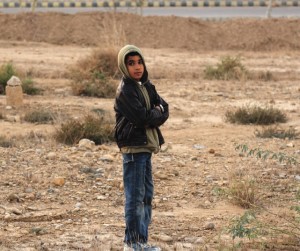
The number of child and teen immigrants has increased by 178 percent so far this year, straining resources needed to house and feed them and provide health and mental health care.
The United States is grappling with a massive influx of more than 60,000 children and teenagers who have migrated to the United States from Central American, particularly El Salvador, Guatemala and Honduras.
Many of these children are fleeing gang violence and extreme poverty in their home countries. Others are the victims of drug traffickers and sex trafficking/sexual violence or are being financially exploited by human traffickers who smuggled them across the border.
The need to house these often traumatized children and provide them with adequate food and health and mental health care is acute.
The situation is not expected to improve in the short term since social conditions prompting the children to leave Central America have not changed. However, there are activities social workers in the United States to do to help these children.
The National Association of Social Workers has released a Social Justice Brief entitled Unaccompanied Migrant Children: Overview and Recommendations that highlights these steps.
For instance social workers should urge Congress to approve $3.75 billion in supplemental funding to provide bio-psychosocial services to these children and ask the government not to place children in family detention centers, which are ill equipped to handle their housing needs.
“The humanitarian and political implications of the phenomenon of unaccompanied migrant children from Central America are significant,” the brief said. “For social workers, the primary focus of the Call to Action should be on responding to the complexities of the humanitarian elements of the problem.”
You can read the full Unaccompanied Migrant Children: Overview and Recommendations. To find out how NASW is addressing this issue and how you can get involved contact Mel Wilson, Department of Social Justice and Human Rights, at mwilson@naswdc.org.



